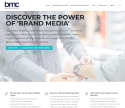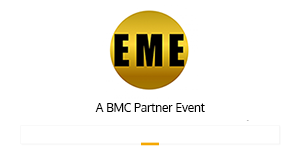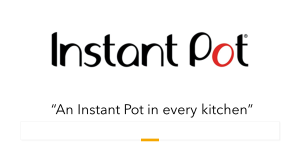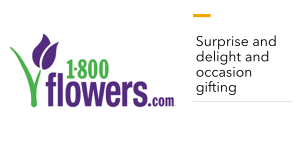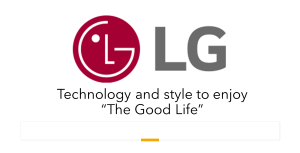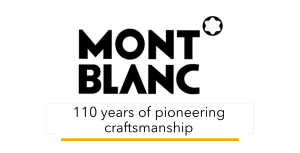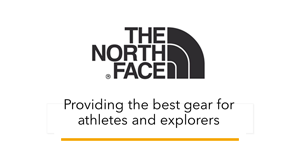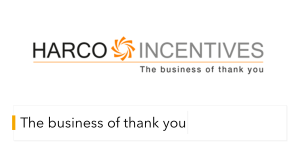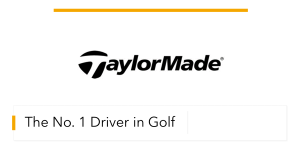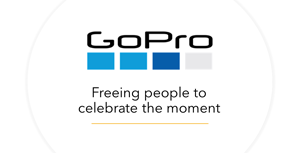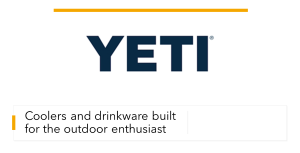Live EEA YouTube Show Oct. 17 at 1 PM With Nick Santonastasso: The Power of Failure and Resilience
Click here for links to RRN sponsors. Click here to subscribe to the RRN weekly e-newsletter. Click here for an RRN media kit.
Corporate speaker and advisor Nick Santonastasso shares what he has learned from overcoming a severe disability to achieve his goals in life.
Click here to watch or listen to the show.
Overcoming Daunting Challenges
Because of his condition, Santonastasso had a only 30% chance of surviving birth, being one of 12 people in the world at the time diagnosed with Hanhart Syndrome, a rare genetic disorder which leaves babies with undeveloped limbs or organs.
Fortunately, his organs were 100% healthy. Santonastasso admits that in his youth he “experienced self-loathing and thought about ending his life.” He was able to find his purpose through wrestling in high school, he says, but had to amputate part of his arm to do it. He was not the best wrestler, he adds, but would pack tournaments with spectators. When people started approaching him with tears of joy and excitement and say how much he inspired them, it was the turning point of his life. He realized he was capable of achieving anything he set his sights on and went on to develop a career that includes television, social media, speaking, and bodybuilding.
In this show, Santonastaso explains what he has learned from his life journey and the insights he shares at organizational events through speaking and breakout exercises. Nick says he shares his experience with people all over the world as a keynote speaker and a coach at conferences, professional sports teams as well as Fortune 500 companies. He uses his own challenges to inspire others to push beyond their limiting beliefs, he explains.
Insights Shared
Here are highlights from the show.
- Focus on solutions. “My greatest strength comes from the way my parents treated me, which was pretty much like my other siblings.” They could have made things really easy, he explains, “but then I would have gotten smacked in the face by reality when I left the house and my parents weren’t around.” He says he learned early to shift his focus from his problems to solutions.
- Failure is the path to success. He says that he learned from an early age that failure is part of the process of getting where you want to go. “I failed at almost everything along the way. I failed at getting onto the couch, at dressing myself. My life is a string of failures that led to success.” The faster one gets feedback from failure, the faster one can figure out a game-winning strategy, he suggests.
- Put your focus on what you have in life and can control, not on what you can’t control. “Many people spend most of their time focusing on all the things they don’t have versus all the things they do have. I’m a man with no legs and only one arm. If I woke up every day and didn’t do the work and I just let my brain run the show and focus on all the things I don’t have, my quality of life would be terrible.”
- Most people spend most of their time focusing on all the things that they don't have in their lives versus all the things that they do have. What's wrong with their relationships? What's wrong with their bank accounts? What's wrong at work? He says he sees people who “have everything. They have the cars and they have the houses and they have the nice watches and they're still pissed off and angry because they're always focused on the next level of what they don't have.”
- Properly selected mentors can change one's life. “I'm a firm believer that we're all standing on the shoulders of giants...There is so much information trickling down through the years to help people get to the next level...The right mentor helps us believe in ourselves. If you don’t believe in yourself, you can draw belief from your mentor. A good mentor gives us evidence that what we’re pursuing is possible, and shares information, strategies, and advice we can use on our own journeys.”
- Embrace criticism. He says he has gotten a lot of push back on his efforts. “Instead of letting those stones, or those limiting beliefs, dictate my life,” he listened. “I said, okay, you don't think I'm tactical enough, thank you for the good advice. I'm going to be extremely tactical. I am not knowledgeable enough; I'm going to become extremely knowledgeable. I'm going to become a well of knowledge.”
- Know the difference between being a puddle and a well. A puddle is someone with a broad but shallow level of knowledge about many things. A well is one who digs deep into their area of area. That’s the level of knowledge he says people will pay you for.
- A healer is not someone who heals you but who triggers you to heal yourself. “What are your roadblocks? What are your challenges? What are your triggers? Then put a mirror up to yourself so you can see yourself and work through your challenges. We are all handicapped in one way; for most people, it’s a mental handicap. We're handicapped with our beliefs; we're handicapped with our own stories. We're handicapped because we're addicted to specific emotions that we don't know are not serving us.” We are all struggling, he adds. Once people understand that it opens up a new door to understanding
He believes in the law of exposure. Once people are exposed to a greater way of selling, serving, or communication, they will never be the same.
In his corporate events, Baskow describes, “I have seen a whole room going from saying I'm angry. I hate this. I hate that, to tears. The first time, it blew my mind. By the very end of his speech, he goes into a meditation about harboring our inner child, and at the end people were crying because he has helped them release childhood fears. It was a big deal. I mean, everybody was so emotional and purged of negativity."
Enterprise Engagement Alliance Services
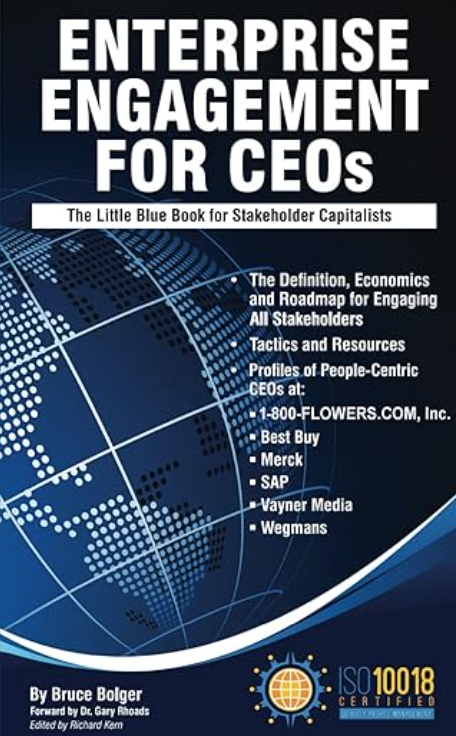
Celebrating our 15th year, the Enterprise Engagement Alliance helps organizations enhance performance through:
1. Information and marketing opportunities on stakeholder management and total rewards:
ESM Weekly on stakeholder management since 2009.
RRN Weekly on total rewards since 1996.
EEA YouTube channel on enterprise engagement, human capital, and total rewards since 2020.
2. Learning: Purpose Leadership and Stakeholder Management Academy to enhance future equity value for your
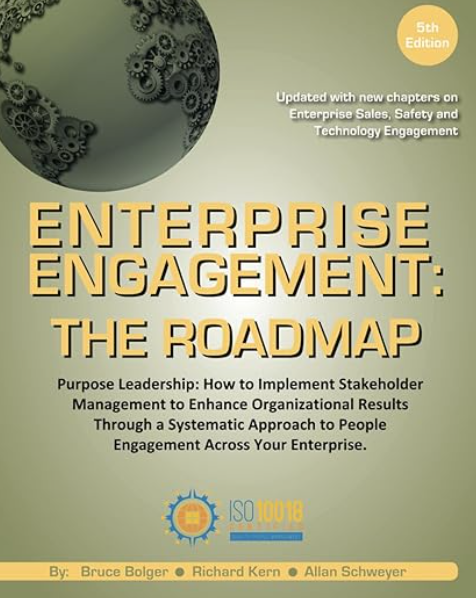 organization.
organization.3. Books on implementation: Enterprise Engagement for CEOs and Enterprise Engagement: The Roadmap.
4. Advisory services and research: Strategic guidance, learning and certification on stakeholder management, measurement, metrics, and corporate sustainability reporting.
5. Permission-based targeted business development to identify and build relationships with the people most likely to buy.
Contact: Bruce Bolger at TheICEE.org; 914-591-7600, ext. 230.



